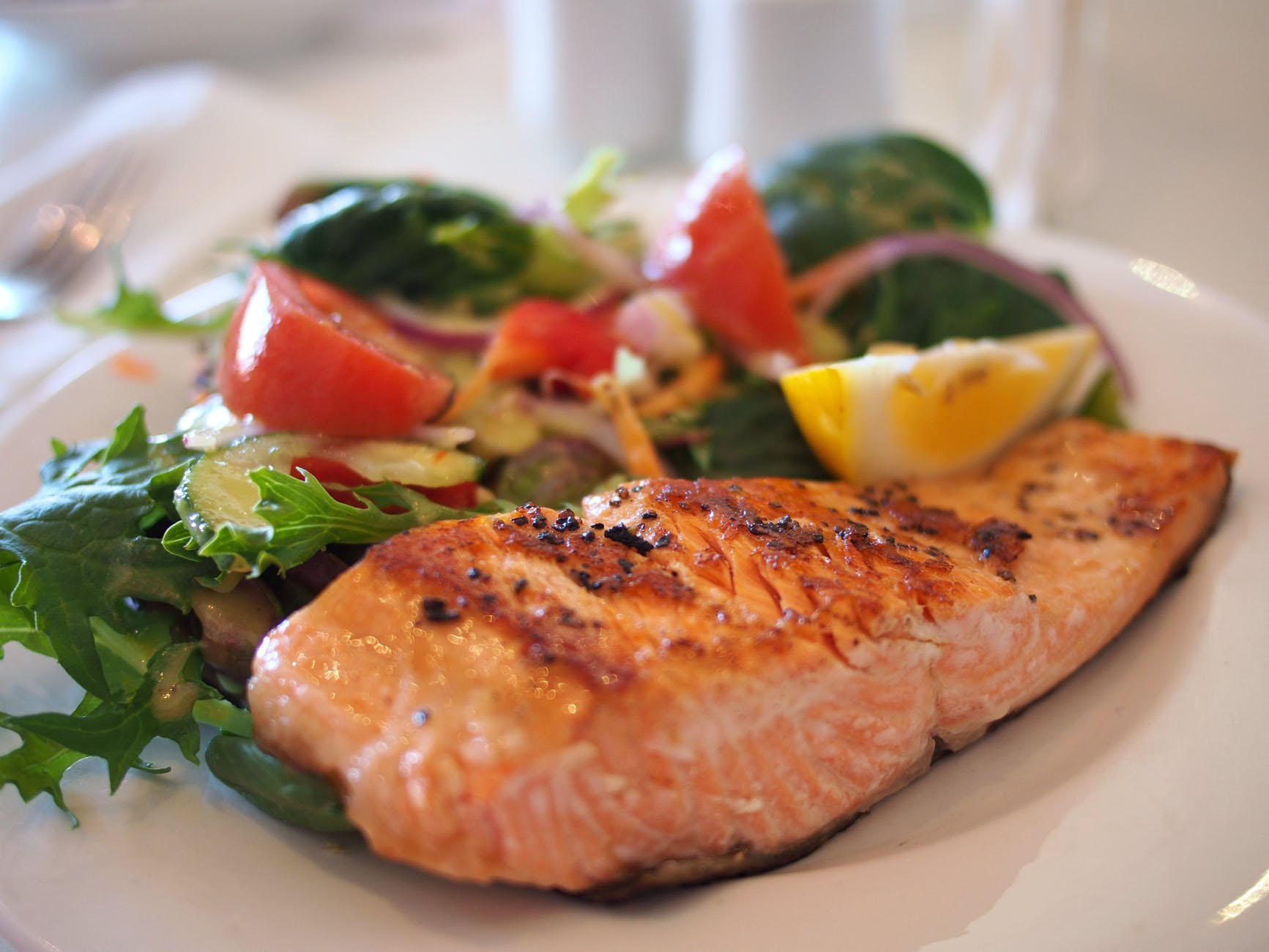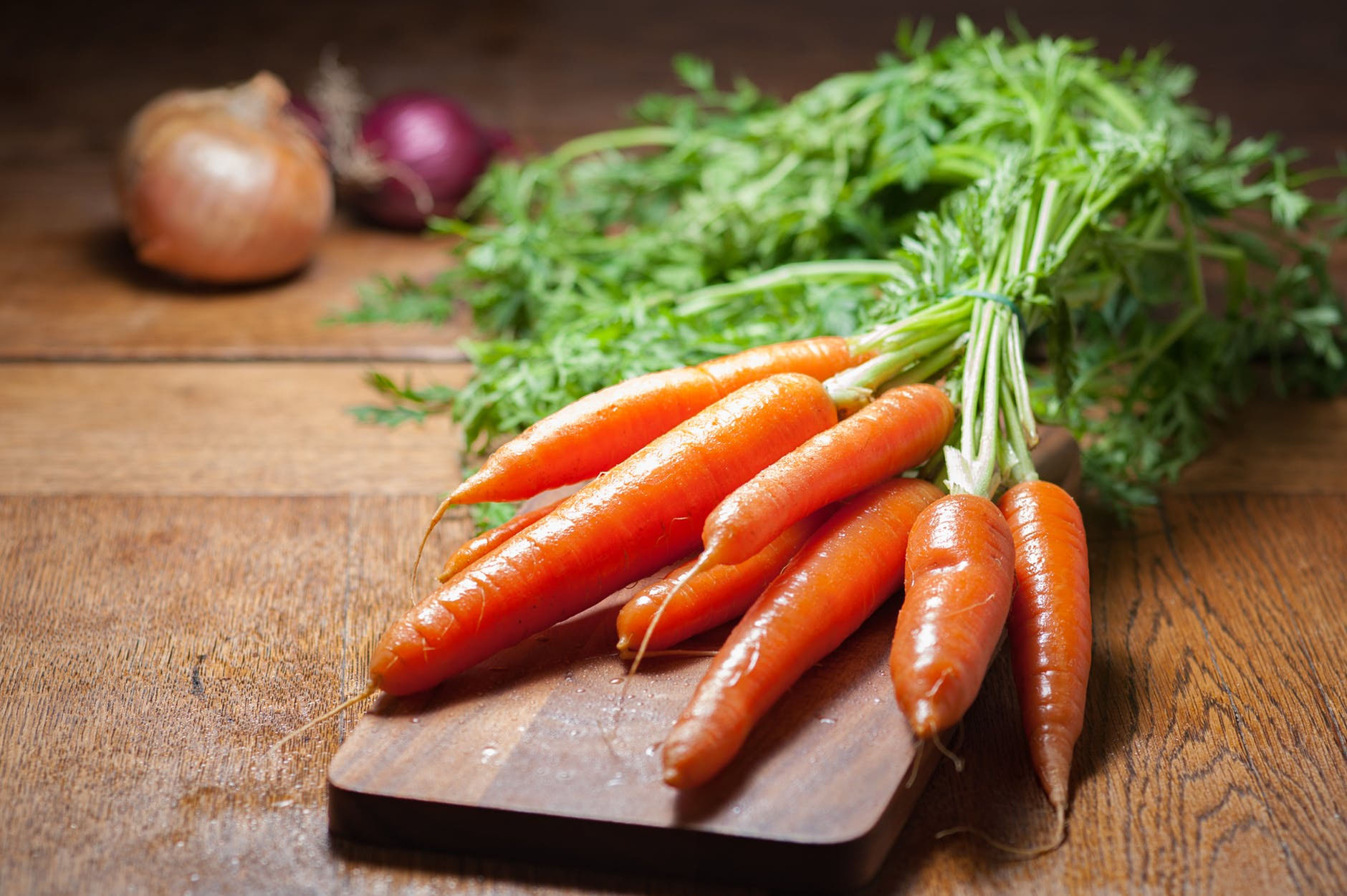 Back
19 May 20 - by England Squash
Back
19 May 20 - by England Squash
Food for thought: nutrition tips for optimal health and wellbeing

Eating a balanced diet which
includes foods from all of the major food groups in the right proportions has a
huge impact on our physical and mental health. As part of Mental Health Awareness Week (18-24 May), England Squash Performance Nutritionist
Ollie Turner shares nutritional advice for achieving optimal health and wellbeing.
Protein for immunity
Proteins form a variety of white blood cells which make up the immune system. If a diet is deficient in protein, a widespread reduction in white blood cells is exhibited and this can increase infections. Protein can be found in animal and plant-based sources. Animal based sources include beef, chicken, fish and dairy products such as milk and yogurt. Plant-based sources include legumes (lentils, chickpeas, beans etc.), wholegrains, nuts and seeds. Fist-sized portions of these foods four to six times throughout the day will ensure you reach the desired amount.

Eat the rainbow for antioxidants
The benefits of consuming a variety of fruits and vegetables is well reported. High intensity intermittent exercise such as squash can cause high levels of oxidative stress which can inhibit the activity of the immune system and increase the risk of infection. Antioxidants comprise of three vitamins (vitamin A, vitamin C and vitamin E) which help reduce this oxidative stress put on the body. Orange coloured vegetables such as carrots, sweet potato and butternut squash are high in vitamin A. Green leafy vegetables such as broccoli and kale are high in vitamin A and vitamin C, and many nuts and seeds such as almonds and sunflower seeds are high in vitamin A. Incorporating these foods into your diet is a good way of maintaining a healthy immune system.
Improve your gut health
Fibre helps form healthy bacteria in the gut which fight off foreign invaders and infections. Fibre can be found in fruits, vegetables, legumes (lentils, chickpeas, beans), nuts and seeds. A daily probiotic (e.g. Yakult or Actimel) has also been to strengthen the healthy populations of bacteria in the gut and reduce the incidence of infection.

Soak up the sunshine
With the summer months approaching, the sun's UVB rays are our main source of vitamin D. Vitamin D forms much of the immune system and stimulates it into action against infections. Five to 30 minutes exposure on the legs and arms is enough for your daily dose. Fortunately, current Government lockdown guidelines make this possible. However, vitamin D can also be obtained through oily fish such as salmon, mackerel and sardines, egg yolks and fortified plant milks.
Hydration for energy
Our bodies are made up of roughly 60% water. If you're in a dehydrated state, you can feel sluggish and lethargic due to reductions in the water content of the blood. Therefore, ensure that you consume around two litres of water each day to stay hydrated. A prudent strategy is to consume 500ml at main meals (breakfast, lunch and dinner) and sip on water throughout the rest of the day.






















